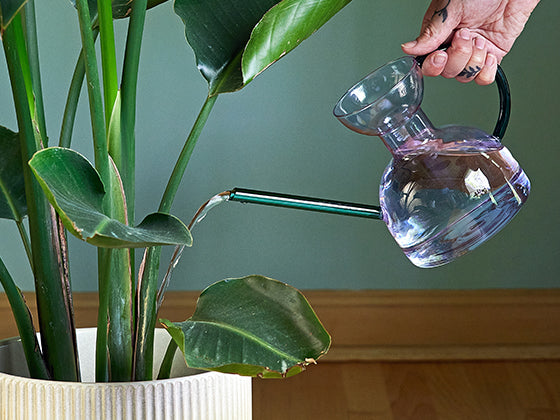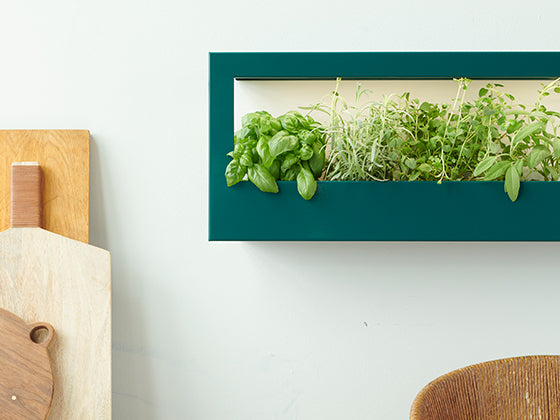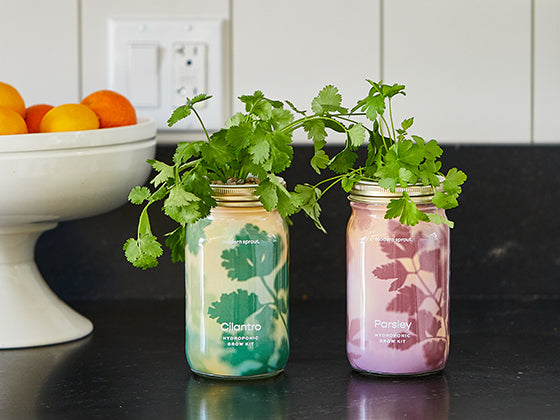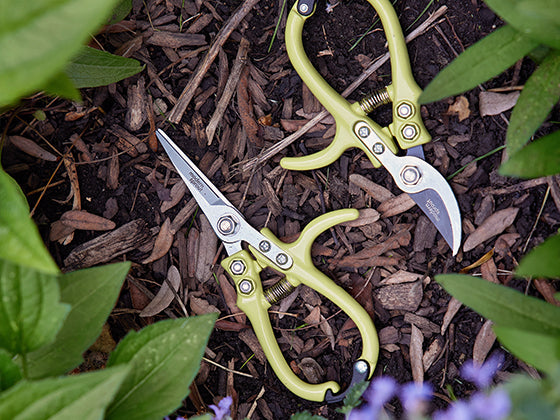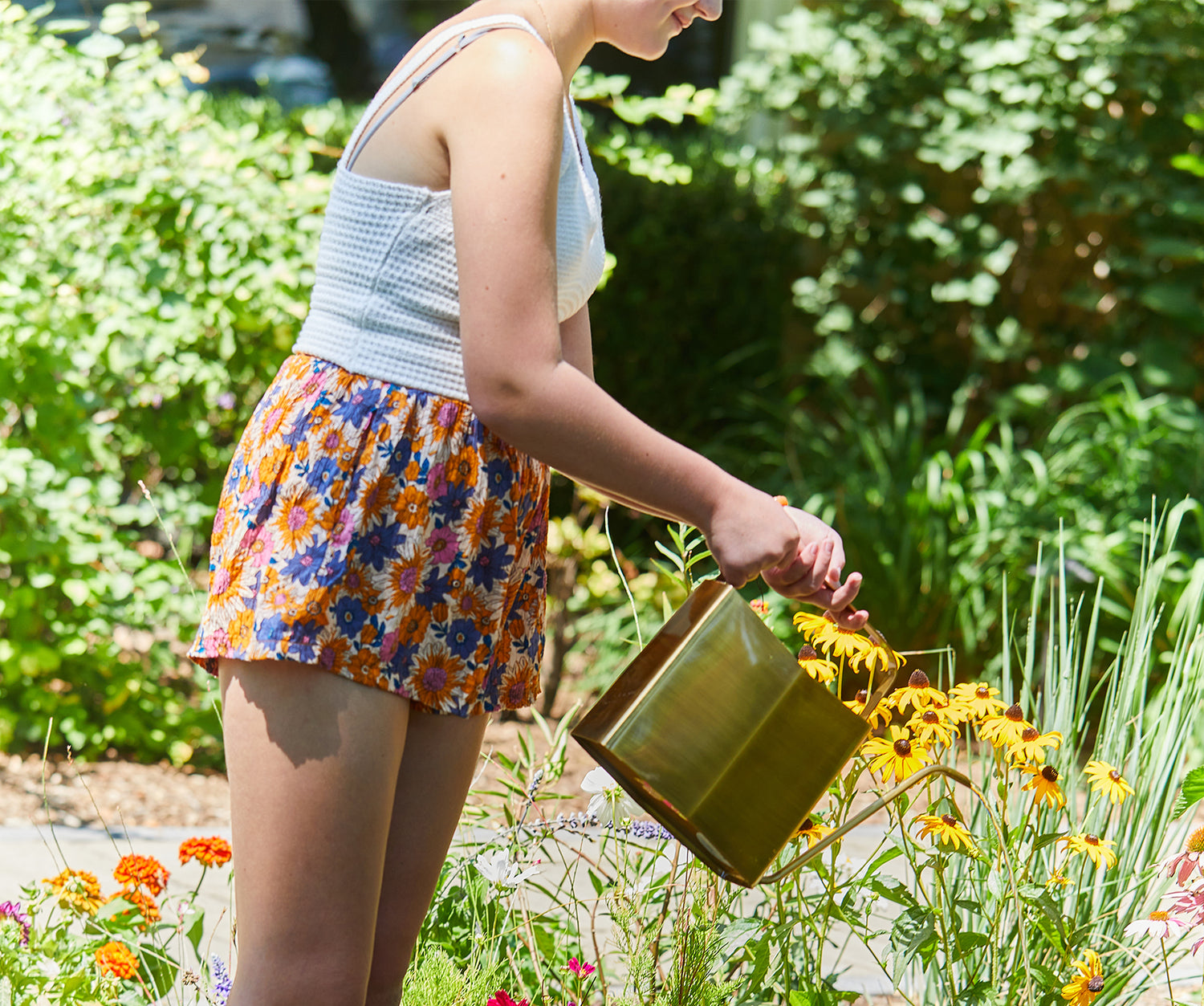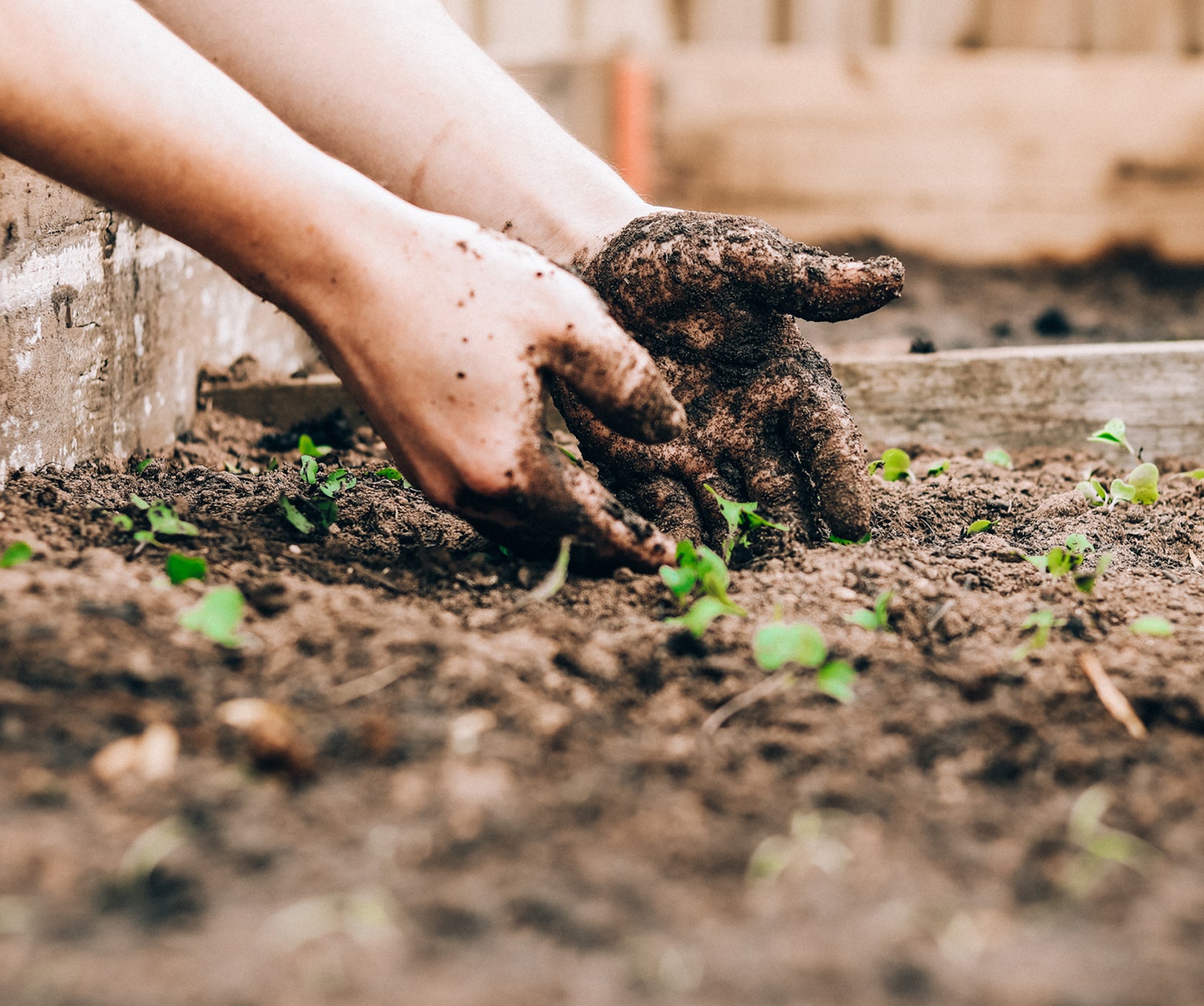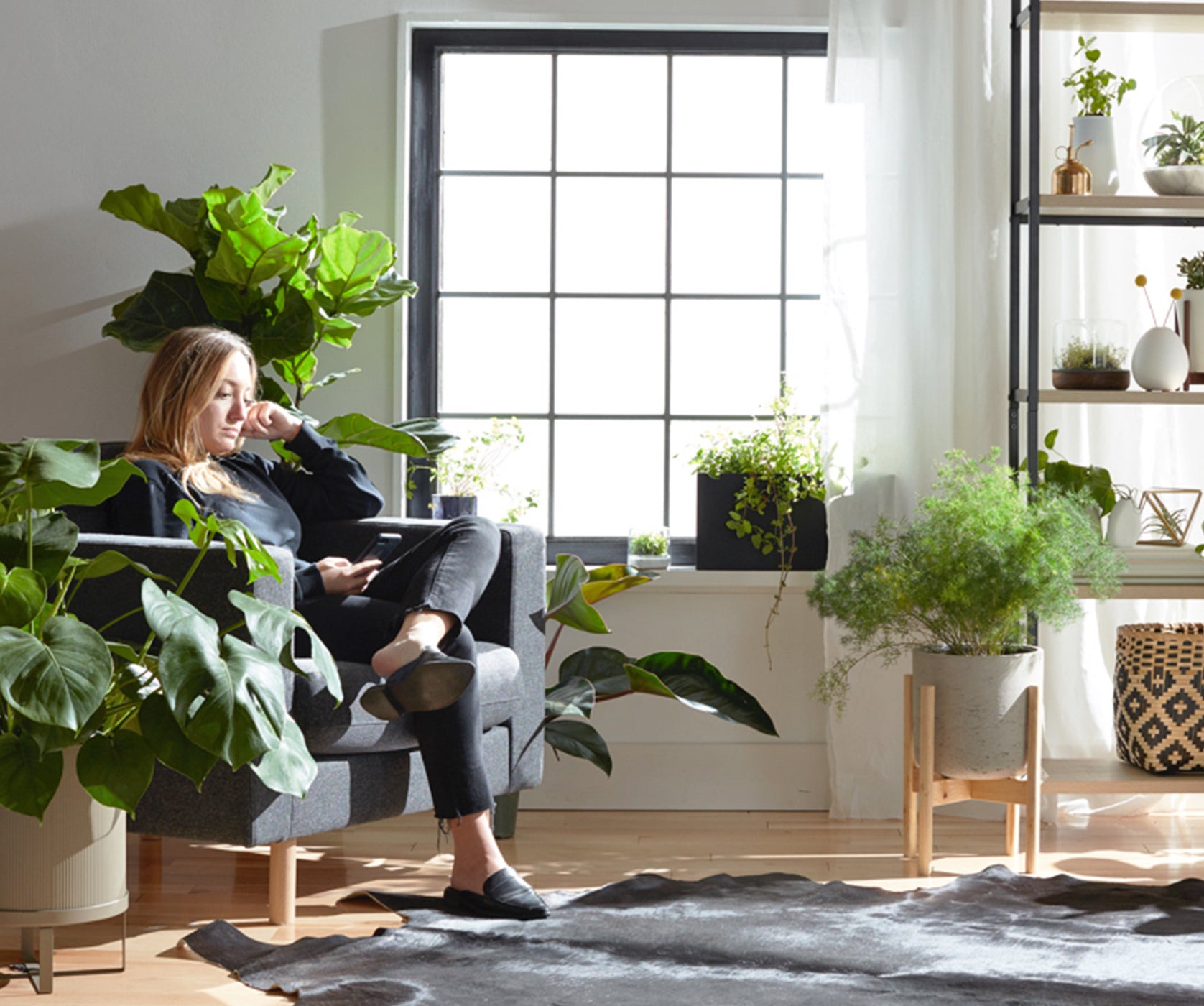The hard truth is that habitat loss is the number one reason we are losing biodiversity at an unprecedented rate. But what if we could find a way to live harmoniously with nature instead of working against it? It’s without question that our lives would be profoundly improved. Nature has always been our biggest ally, quietly supporting not only our existence, but also our vitality. It cleans our water and air, ensures our soil is nutrient rich so that we have vitamin-packed food, maintains land integrity when weather is unpredictable so all life on earth can thrive. Nature has it all figured out, and it’s about time we start listening.

Plant a garden: Any type of garden is good for the planet — we need more gardens and less lawns. But, if you want to have the most impact, plant a variety of flowering plants, especially native flowers, and grasses. Choose varieties that have overlapping flowering periods (for continuous blooms throughout the year or warm season — which is also more beautiful) or that effectively extend the nectar and pollen season with early spring flowers or late fall flowers. The larger the area, the better, but even small gardens will help. Dedicate a space in your backyard — a great option for wildflowers is along a fence as a border garden. If you don’t have a backyard, plant up windowsill boxes or street medians, or any other neglected spaces. Or support a community garden or volunteer to help plant and maintain a park.
 Provide a source of water: Water is as important for wildlife as it is to us. For pollinators specifically, by providing a source of water for them in your yard, they don’t have to travel as far to get their needs met, which reduces their stress and increases the time available for pollination. A simple bird bath or dish of water in a shady area can do the trick — just service it from time to time to prevent it from becoming a mosquito breeding ground.
Provide a source of water: Water is as important for wildlife as it is to us. For pollinators specifically, by providing a source of water for them in your yard, they don’t have to travel as far to get their needs met, which reduces their stress and increases the time available for pollination. A simple bird bath or dish of water in a shady area can do the trick — just service it from time to time to prevent it from becoming a mosquito breeding ground.
 Give them shelter: When you dedicate some of your outdoor real estate to wild spaces, especially along a hedge or a lesser trafficked location, you provide homes that support biodiversity. Important and easy — don’t clear your beds until spring! That gives wildlife shelter during the winter.
Give them shelter: When you dedicate some of your outdoor real estate to wild spaces, especially along a hedge or a lesser trafficked location, you provide homes that support biodiversity. Important and easy — don’t clear your beds until spring! That gives wildlife shelter during the winter.
 Pass on pesticides: Pollinators are negatively impacted by pesticides and with more concentrated use in urban areas what few fliers make it into these spaces just can’t thrive. Applying any sort of pesticide-even the ones deemed “natural” or green-ish- should be done with a light hand in the application and heavy research to match the needs of your locale. If living in a rented property or communally-maintained spaces, talk with your management body to start a conversation about making a thoughtful change. Reducing or better yet discontinuing the use of these nature-changing additives create changes that can be seen and smelled by all.
Pass on pesticides: Pollinators are negatively impacted by pesticides and with more concentrated use in urban areas what few fliers make it into these spaces just can’t thrive. Applying any sort of pesticide-even the ones deemed “natural” or green-ish- should be done with a light hand in the application and heavy research to match the needs of your locale. If living in a rented property or communally-maintained spaces, talk with your management body to start a conversation about making a thoughtful change. Reducing or better yet discontinuing the use of these nature-changing additives create changes that can be seen and smelled by all.
 Dig into community: changing the world one biodiverse yard at a time can be lonely. Chat up friends and neighbors to create a “pollinator lane” of sorts or another wildlife corridor to make for a kinder environment for bees and beyond. Getting creative together is the next great step into rewilding the planet.
Dig into community: changing the world one biodiverse yard at a time can be lonely. Chat up friends and neighbors to create a “pollinator lane” of sorts or another wildlife corridor to make for a kinder environment for bees and beyond. Getting creative together is the next great step into rewilding the planet.
 We have one Earth and it’s our duty to take care of it. In our lifetimes we’ve seen unparalleled ecological change sure to impact the generations to come. When it comes to planting, we have a responsibility to these heroes who are responsible for everything growing on our planet from flowers to food. Rewild with us. We can’t do it without you.
We have one Earth and it’s our duty to take care of it. In our lifetimes we’ve seen unparalleled ecological change sure to impact the generations to come. When it comes to planting, we have a responsibility to these heroes who are responsible for everything growing on our planet from flowers to food. Rewild with us. We can’t do it without you.
Warmly,
Sarah Burrows
Co-Founder Modern Sprout

